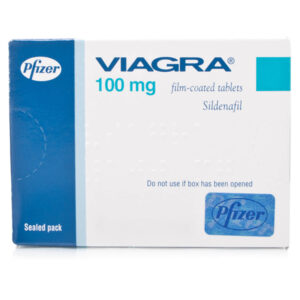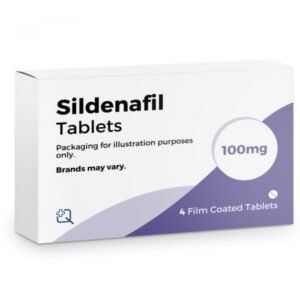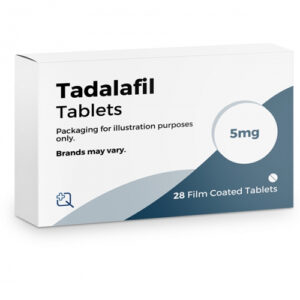No products in the basket.
Erectile Dysfunction
Erectile dysfunction (ED) is a common medical condition where a man finds it difficult to achieve or maintain an erection firm enough for sexual intercourse. It can happen occasionally or be a persistent issue that affects a person’s confidence, relationships, and overall quality of life.

Erectile Dysfunction
While it’s more prevalent in older men, ED can occur at any age and is often linked to both physical and psychological factors.
Causes of Erectile Dysfunction
Several factors can contribute to erectile dysfunction, including:
Physical Causes:
- Cardiovascular Disease: Conditions that affect blood flow, such as high blood pressure, atherosclerosis, and heart disease, are common causes of ED.
- Diabetes: High blood sugar levels can damage blood vessels and nerves, leading to ED.
- Obesity: Excess weight can lead to hormonal imbalances and reduce blood flow to the penis.
- Hormonal Imbalances: Low testosterone or other hormonal issues can interfere with sexual function.
- Neurological Disorders: Conditions like Parkinson’s disease, multiple sclerosis, and spinal cord injuries can disrupt nerve signals necessary for an erection.
- Medications: Some drugs, especially those for high blood pressure, depression, and prostate conditions, can cause ED as a side effect.
Psychological Causes:
- Stress and Anxiety: Emotional stress or anxiety about sexual performance can hinder the ability to get or maintain an erection.
- Depression: Mental health issues can reduce sexual desire and lead to ED.
- Relationship Problems: Communication issues, unresolved conflicts, or lack of intimacy can also contribute to ED.
Things You Can Do to Help with Erectile Dysfunction
If you’re experiencing erectile dysfunction, there are several steps you can take to help manage and potentially improve the condition:
Lifestyle Changes:
- Exercise Regularly: Physical activity improves blood circulation and can reduce the risk of ED.
- Healthy Diet: Eating a balanced diet that supports cardiovascular health can improve erectile function.
- Weight Management: Maintaining a healthy weight reduces the risk of ED.
- Limit Alcohol and Quit Smoking: Both can negatively impact blood flow and contribute to ED.
Manage Underlying Health Conditions:
- Control Diabetes and Blood Pressure: Proper management of these conditions can prevent the progression of ED.
- Hormone Therapy: If hormonal imbalances are the cause, hormone replacement therapy might be beneficial.
- Review Medications: Talk to your doctor about any medications you’re taking that might be contributing to ED.
Psychological Support:
- Therapy: Counselling or therapy can help address stress, anxiety, and relationship issues.
- Communication: Open communication with your partner about your concerns can reduce stress and improve intimacy.
Medical Treatments:
- Oral Medications: Phosphodiesterase inhibitors like Viagra, Cialis, and Levitra are commonly prescribed to improve erectile function.
- Vacuum Erection Devices: These devices help draw blood into the penis to create an erection.
- Penile Implants or Surgery: In some cases, surgical options might be considered if other treatments are ineffective.
Can Erectile Dysfunction Be Cured?
Whether erectile dysfunction can be cured depends on its underlying cause. In cases where ED is due to lifestyle factors, psychological issues, or reversible health conditions, making appropriate changes or receiving treatment can significantly improve or even resolve the condition. However, if ED is caused by more permanent physical damage or certain chronic conditions, management rather than a cure might be the goal. It’s essential to consult with a healthcare provider to determine the most effective treatment plan.
At What Age Do Guys Have Trouble Getting Hard?
Erectile dysfunction can affect men at any age, but its prevalence increases with age. While younger men in their 20s and 30s can experience ED, often due to stress, anxiety, or lifestyle factors, the likelihood of ED becomes more common as men age. By the time men reach their 40s, about 40% may experience some degree of ED, and this percentage increases to 50–60% by their 50s and 60s. However, ED is not an inevitable part of ageing, and many older men maintain healthy sexual function.
Regular check-ups, a healthy lifestyle, and open communication with healthcare providers can help manage and reduce the risk of ED at any age.




